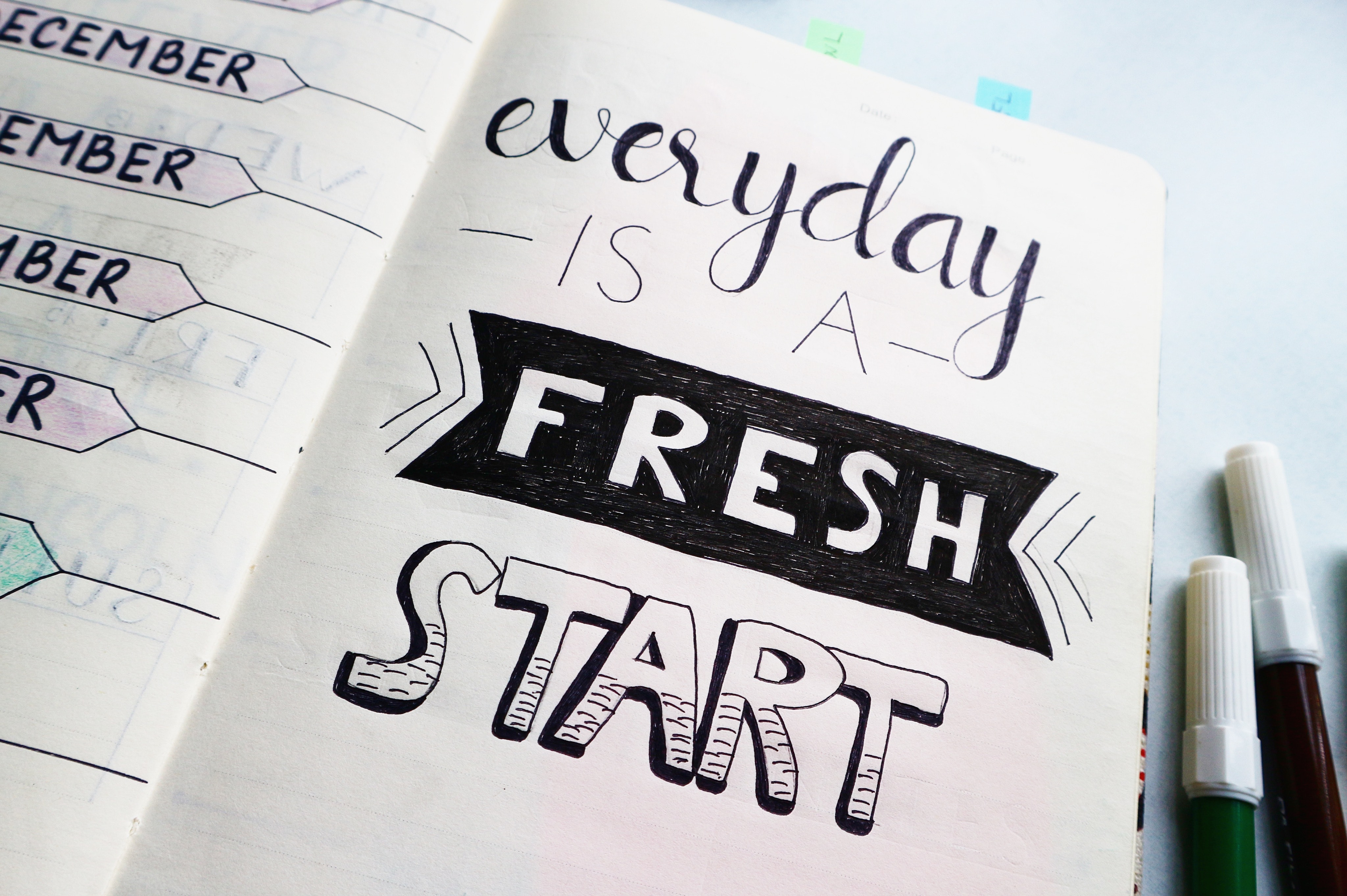
Critical thinking is the mother of all skills for a couple of reasons.
First, it leads to better life outcomes. Personal, professional, health, income, safety – you name it, and the quality of your thinking shapes your experience with it (for a refresh on the specific ways thinking critically leads to stronger relationships, more money, better health, etc. revisit this post in our Facebook group).
Second, it’s a skill- amplifier. Building any skill, or trying to succeed at virtually anything, is faster and easier when thinking critically about how to do it. For example, communicating with greater clarity, reclaiming control over your time so that you run your days and not vice versa, striving for a favourable outcome to a serious problem, all require critical thinking.
And if we haven’t purposefully tried to become a better thinker? Then we’re simply not reaching our potential with communication, time management, problem-solving etc.
Here’s the thing – our brains are actually pretty lazy and automatically seek the path of least resistance. So while everyone thinks, most of our thinking, when left to its own devices, is poor quality (for reasons ranging from bias to just not being informed enough).
So what is critical thinking and how do we do it more often and better? We’re going to dive in by establishing what it’s NOT.
Critical thinking is not:
- Memorizing information
- Stating facts
- Expressing an opinion or belief you’ve had forever but never questioned
- Making assumptions
- Completing tasks on autopilot / “going through the motions” of a familiar activity (grocery shopping, cooking dinner, homework check)
- Passively consuming information (the mindless Twitter or Instagram scroll, or listening to the news and logging it as “true” or “real” off the bat)
- Knee-jerk reactions
It’s also not elitist. The way critical thinking is often discussed (when it’s discussed at all) can make it seem like it’s for really smart or especially nerdy people, but this is wrong.
Thinking more critically is your choice, to be made at any time. More than that, it’s an inalienable right (seriously); like many rights (#voting), it often isn’t exercised to the detriment of the individual, family and society at large. No government or law gives it to you or takes it away.
Having someone teach you how to think more critically can demystify or expedite your progress, but at the end of the day what determines your critical thinking skills is how committed you are to becoming a better thinker.
This the crux of skill-building. We can share some of the very best strategies (and we will), but even the right strategies won’t take you far if you have limiting or skewed mindsets or beliefs around what it means and will take to grow as a thinker.
So what do we need to know to understand and assess our existing relationship with critical thinking?
1.It’s a commitment and a practice.
The better quality of relationships, decision-making, life overall that’s associated with this skill doesn’t come from 1, 20 or 100 instances of critical thought. It comes from consciously deciding you want to become a better thinker and committing to building this skill for the long-term, through consistent practice.
2. It’s a value, and we prioritize what we value.
Does the ability to think critically feature explicitly in your value system? If so, how does this manifest? For example, valuing health can mean exercising 4x/week or limiting processed food; we want to identify the equivalent for the specific actions that stem from (genuinely) valuing critical thought.
3. It takes courage and a willingness to feel uncomfortable.
Thinking critically means reflecting, evaluating yourself, your strengths and weaknesses, in fundamental ways. To do this requires an openness to acknowledge that your views could be partial or incomplete, to genuinely step outside of your own beliefs or perspectives.
Becoming a better thinker is an exercise in vulnerability and embracing intellectual humility; getting stronger starts with acknowledging limits or weak points.
Think of what these things mean to a teenager – practicing thinking on purpose, exploring their core values, letting themselves be vulnerable – most schools are rife with stigma against all of these, so while the ten years are crucial for making critical thinking the default for our kids, it’s no wonder it can be so freaking hard.
If you want your kids to actively grow into critical thinkers but aren’t sure how to make this happen, book a call and let’s put our heads together to develop a game plan.




